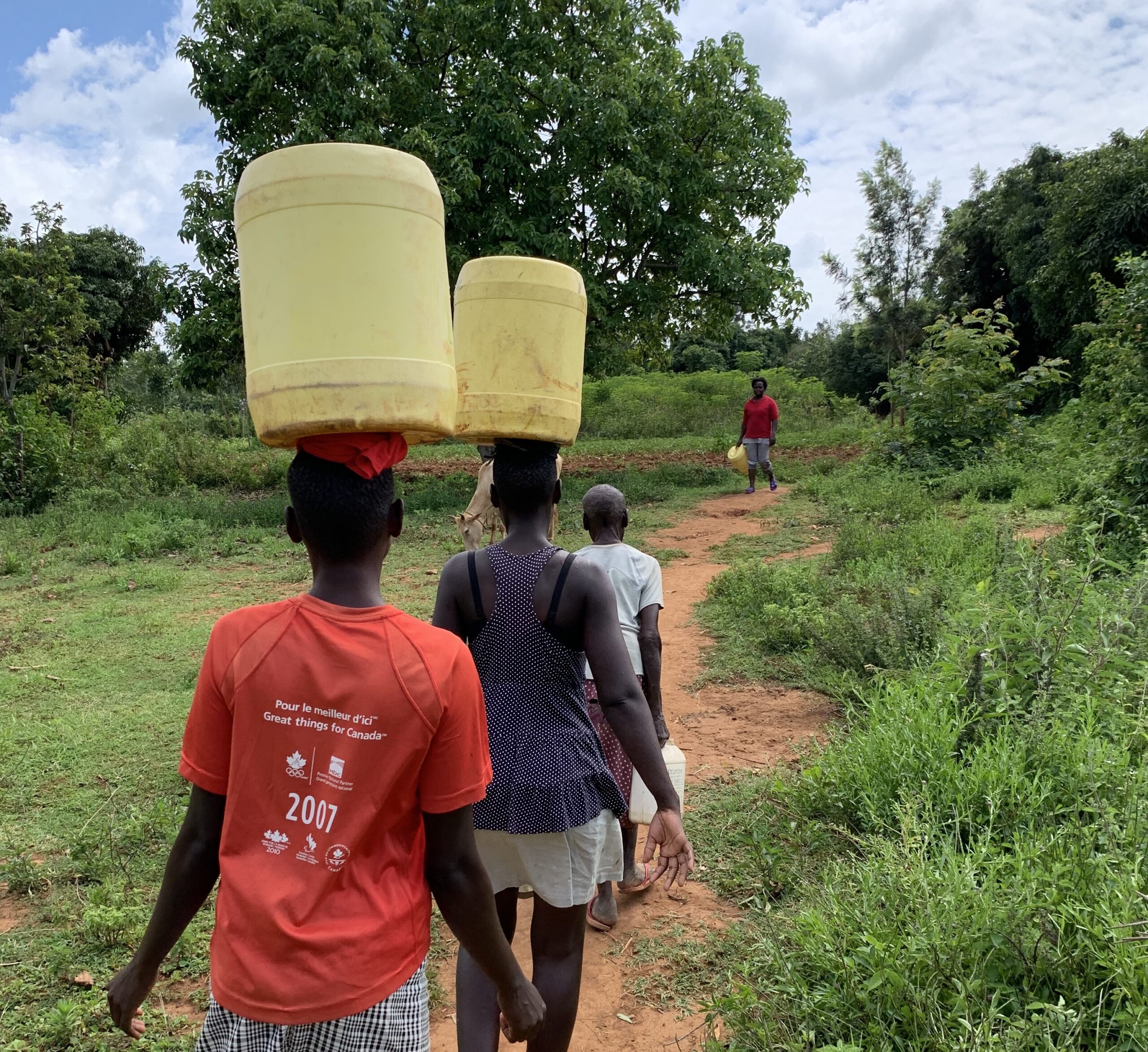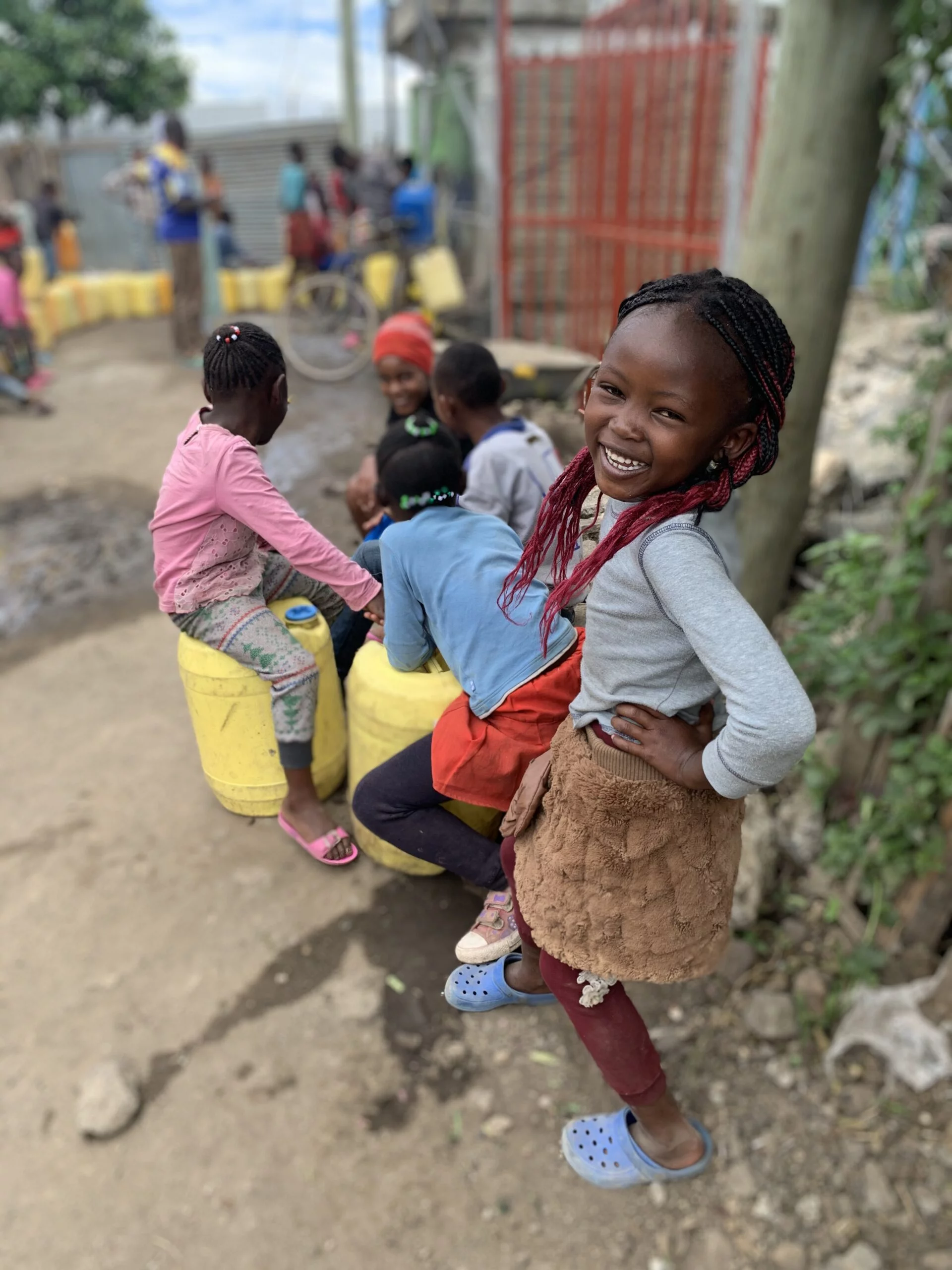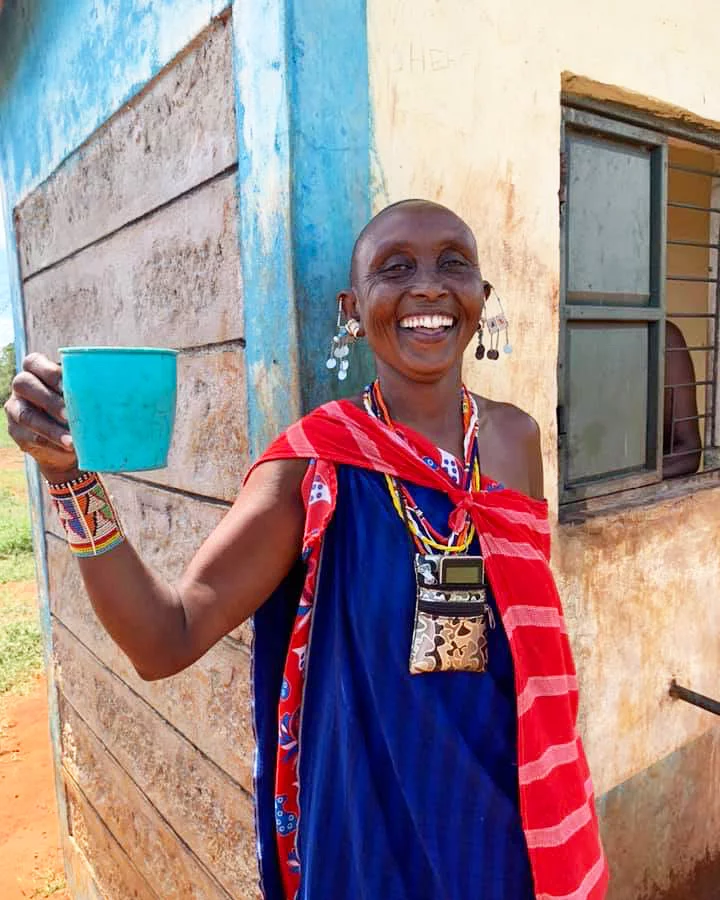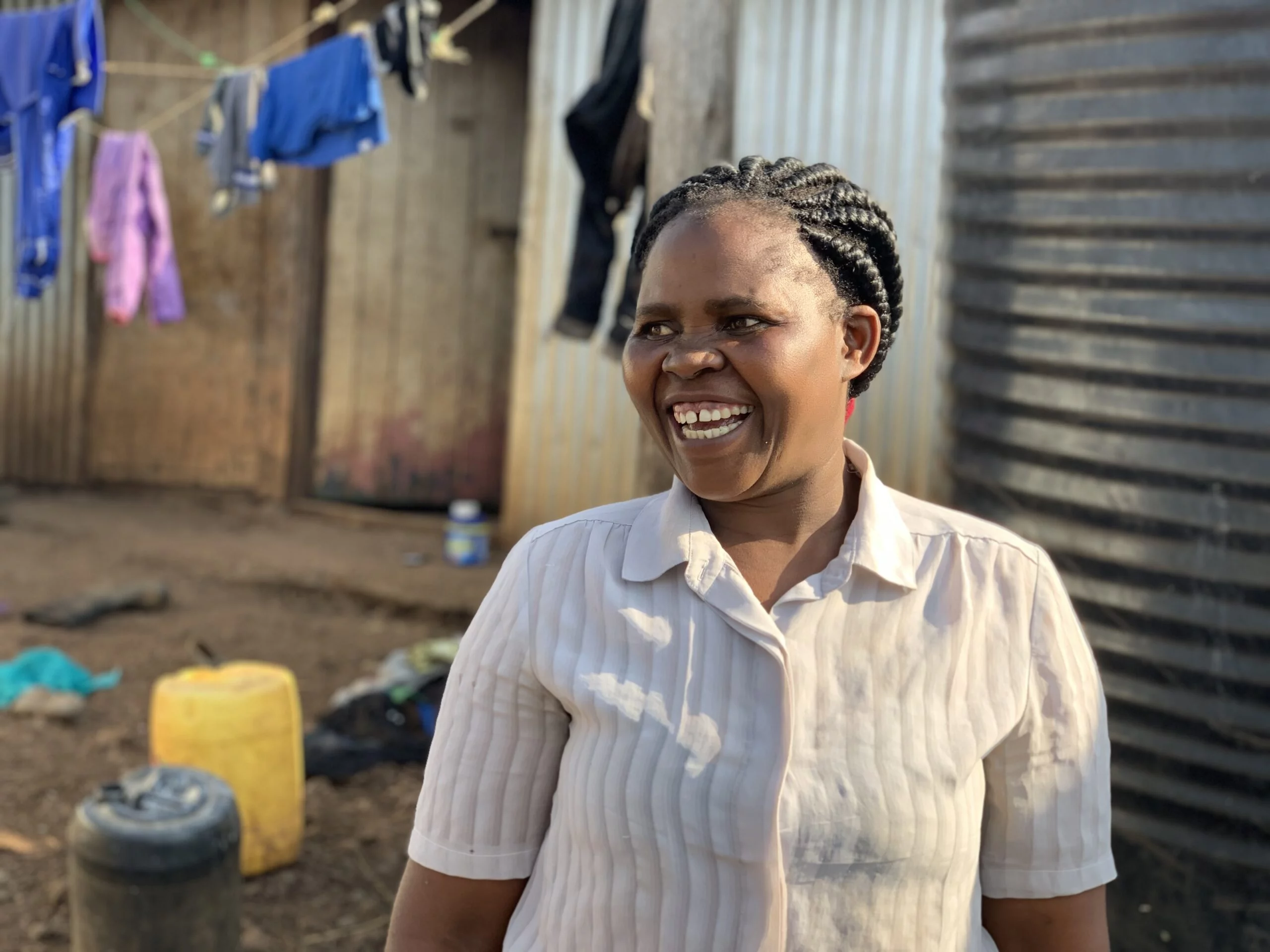March 6, 2023
The Impact of the Water Crisis on Women & Girls
200 million hours. That’s how much time women and girls around the globe spend collecting water each day. Not only is water insecurity a global crisis—it’s a women’s crisis, too. Women and girls are responsible for water collection in 8 out of 10 households with water off-premises, (UN Water). Not only is this a time-consuming and arduous task, but walking long distances for water increases the risk of assault for women and girls.
According to UNICEF, in 2022 there was an 88% increase in household water insecurity in the Horn of Africa, which includes Kenya, Djibouti, Eritrea, Ethiopia, and Somalia. This increase in water insecurity means that more women and girls are being burdened with the responsibility of water collection. Yet, according to UN Water, fewer than 50 countries have laws or policies that specifically mention women’s participation in rural sanitation or water resources management, resulting in continued marginalization.
Water scarcity disproportionately affects women and girls, leading to educational setbacks, decreased community economy, and increased conflict and domestic violence.

Clean Water, Clear Future
Clean water is intrinsically linked to women and girls. It’s essential for bathing, drinking, cooking, breastfeeding, pregnancy, childbirth, and more. Without sustainable access to clean water and proper sanitation, the economic and social progress of women and girls falters, leaving them to face a variety of health, social, nutritional and economic repercussions throughout the course of their lives.
But, when communities across East Africa have greater access to clean water and sanitation, the lives of women and girls change dramatically. We have seen firsthand how reliable access to clean water can create infinite opportunities for women and girls. Young girls can attend school, are more likely to graduate, and women can pursue employment outside of the home. They save time and energy—making it possible for them to seek a future where they feel empowered to grow and thrive.
According to the UN, for every additional year a girl remains in school, her average income over a lifetime increases, her chances of being married early decrease, and there are clear health and education benefits for her children, making it a key factor in breaking the cycle of poverty.
Our Commitment to Women
At Well Aware, we understand that with access to clean water, anything is possible for women and girls.
We are deeply committed to building sustainable water sources that will not fail. That’s why we continue to maintain a 100% success rate across all 114+ water projects completed thus far.
According to UN Water, fewer than 50 countries have laws or policies that specifically mention women’s participation in rural sanitation or water resources management, resulting in continued marginalization. That’s why, from the very beginning, we have been passionate about creating a true, collaborative, gender-balanced partnership in the communities we serve. That includes involving women in management of their local clean water system by creating a water leadership committee that is equal parts male and female. Because women are disproportionately affected by water challenges, their voices should be amplified and women should be at the forefront of developing clean water solutions. We take the time to understand their current water situation, their goals for the future, and how we can help them manage the project long-term.
With your support, we can continue to provide the clean water systems needed to ensure women and girls focus on their education, income, and hobbies rather than walking for water.
Raise Awareness This International Women’s Day
As we celebrate the achievements of women this International Women’s Day, we must continue to take action providing long-term solutions for the water crisis in East Africa. These women and girls are more than a statistic—they are the future.
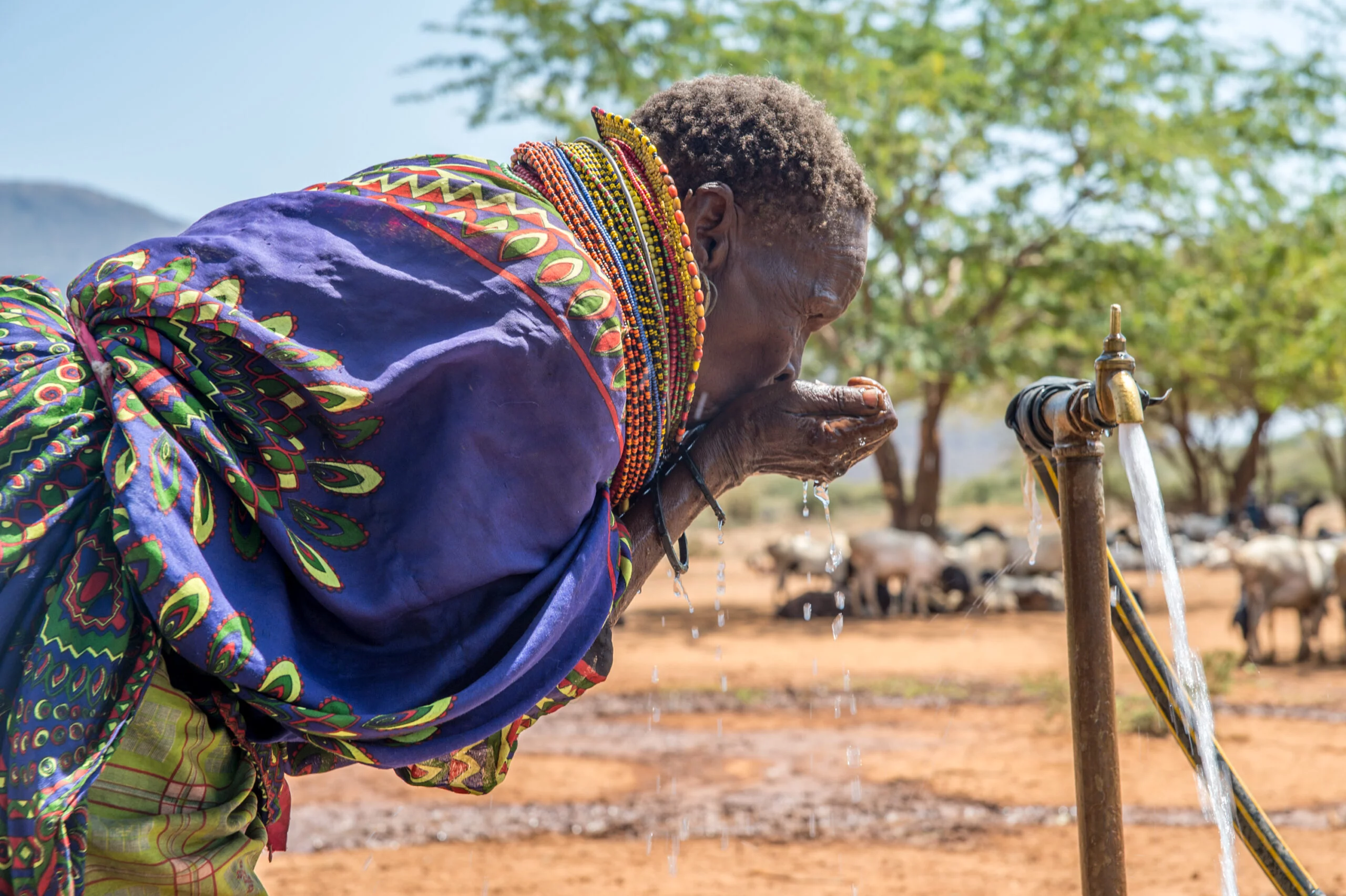
Meet the faces of the water crisis, and learn how their lives have been impacted due to Well Aware’s implementation of a clean water system in their community.
Jacqueline
Njoguini Primary School in Nanyuki, Kenya
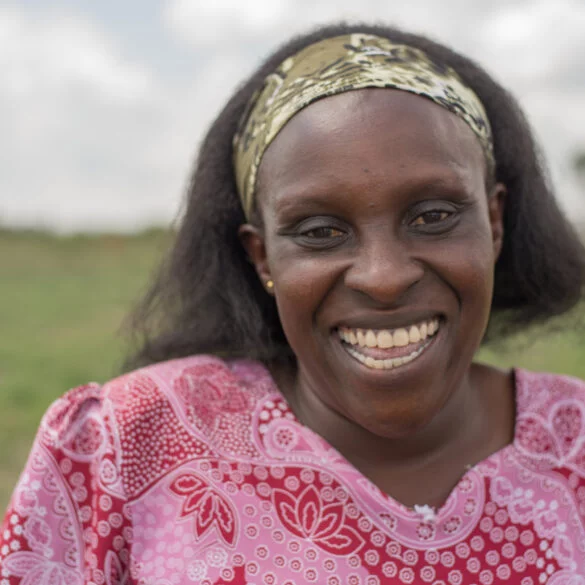
Meet Jacqueline, in the community of Njoguini. This community had a water project fail—leaving them with a poorly producing well that sometimes completely ran out of water. When this happened, Jacqueline explains: “we would have to go far—around 10 km—to get water.” The community was suffering and the primary school was at risk of shutting down without reliable water. Now, Njoguini has a reliable source of water that is plentiful and clean.
Ndanu
Tututha Primary School, Kenya
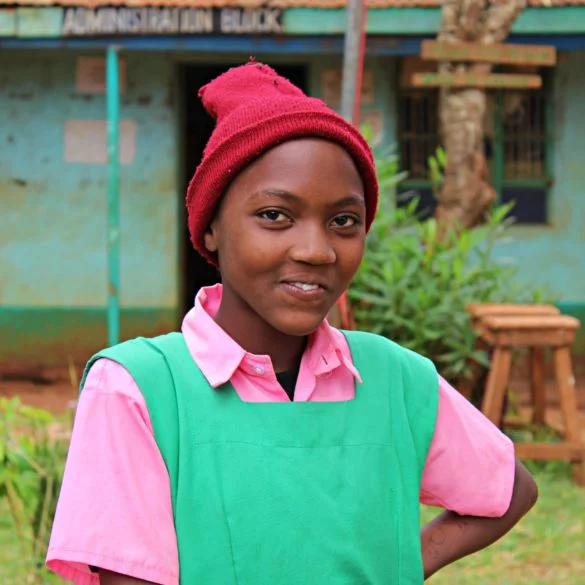
Ndanu wants to become a teacher because she loves working with the younger children in her community. Prior to the rainwater catchment system implemented in her community, the only access to water was a contaminated river and an unreliable well. Now that Ndanu has access to clean, reliable water, she can enjoy school and doesn’t have to carry water from home.
Gladys
Muruku, Kenya
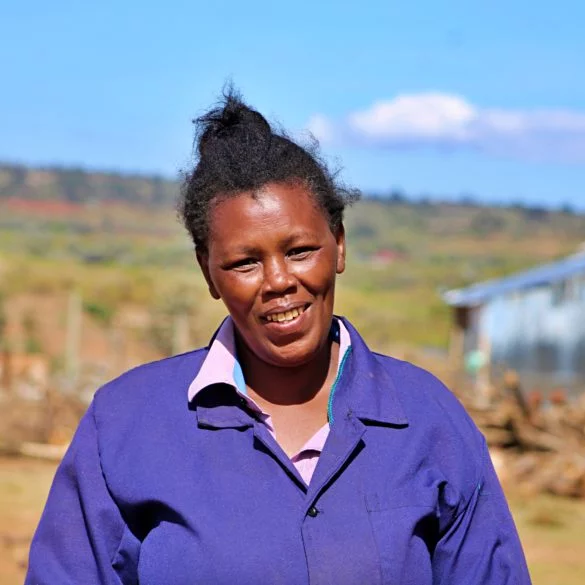
Gladys used to collect water for her family from a stream, which was far away from her home and had long lines. The water from the stream often dried up in the warmer months and did not provide enough for the community’s needs. With the new water system, Gladys is excited that the clean water will allow for more vegetables to be grown and that there will be more development in the community!
Veronica
Salaita, Kenya
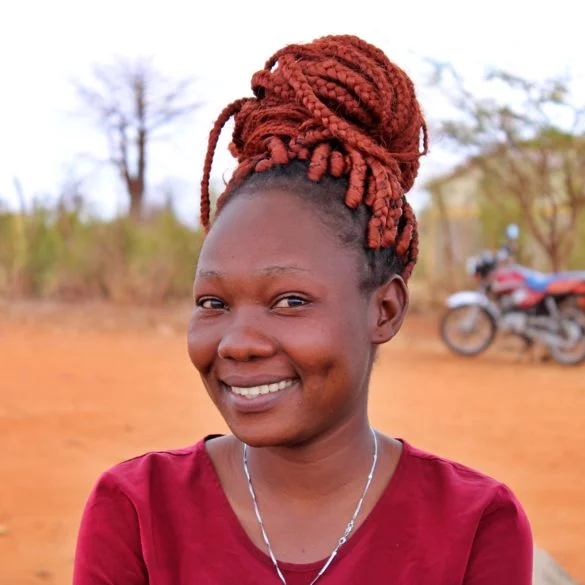
Veronica used to walk 16 km each day just to collect enough water for her family to drink. She says there used to be conflict over water between households in Salaita, especially in times of drought. Because Veronica is saving time by no longer collecting water for her family, she is now able to work by delivering water to families in her community.
Michelle
Katumani Primary School, Kenya
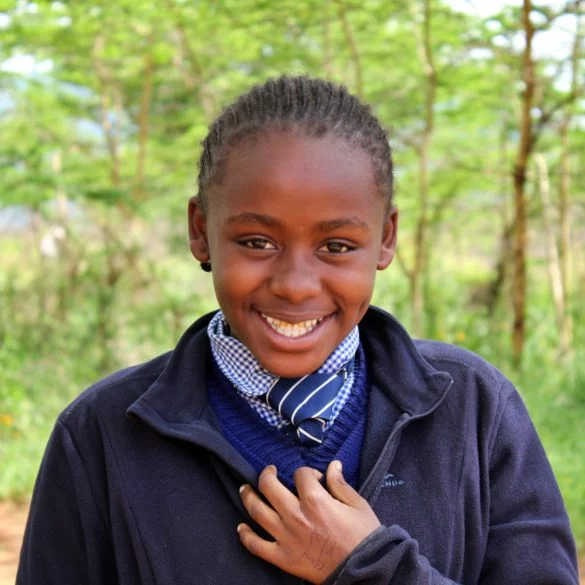
Michelle dreams of becoming a scientist so that she can discover new things and help her home country, Kenya. The water system installed in Michelle’s school has helped students by ensuring they spend less time looking for water. “Water has a big effect on my health. I get clean water to drink, to cook with, and to bathe in. The water is good for me and my friends.”
Jane
Muruku, Kenya
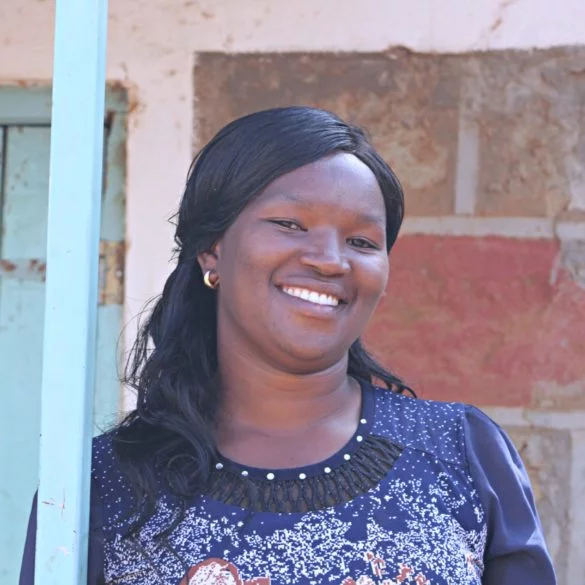
Jane is a teacher in Muruku and has lived in the community for five years now. She says the community is peaceful and resilient, but lack of water and famine have been major problems. She’s hopeful that with the new water system, there will be plenty of clean water for domestic use, and enough left over for irrigating local crops.
Patience
Katumani Primary School, Kenya
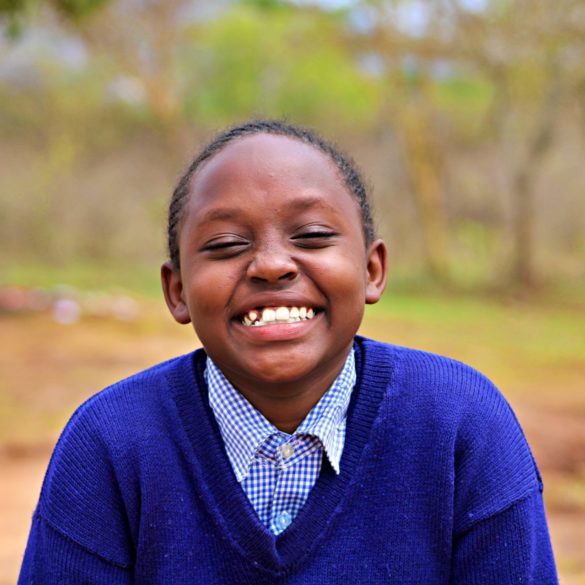
To fetch water for drinking and cleaning, Patience had to walk 4 km each way. With the new water system, she’s excited to have water for drinking, irrigation, and crops, and to spend less time collecting water so she can spend more time on her studies. Patience hopes to become a teacher so she can give back to her community that she loves!
These women and girls are an example of how far-reaching the ripple effect of impact can have on their futures. They have more time to follow their dreams, pursue their passions, and inspire others in their communities. Through the implementation of clean water systems, we can forge a path for women and girls across East Africa. Together, we can create a future where every woman and girl has reliable access to clean water, the resources they need to thrive, and the environment to flourish.
